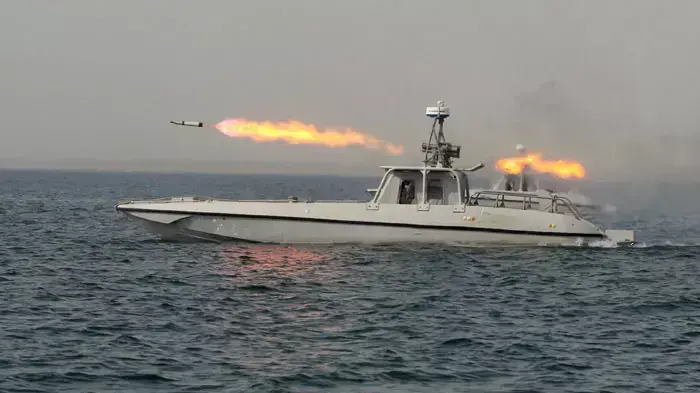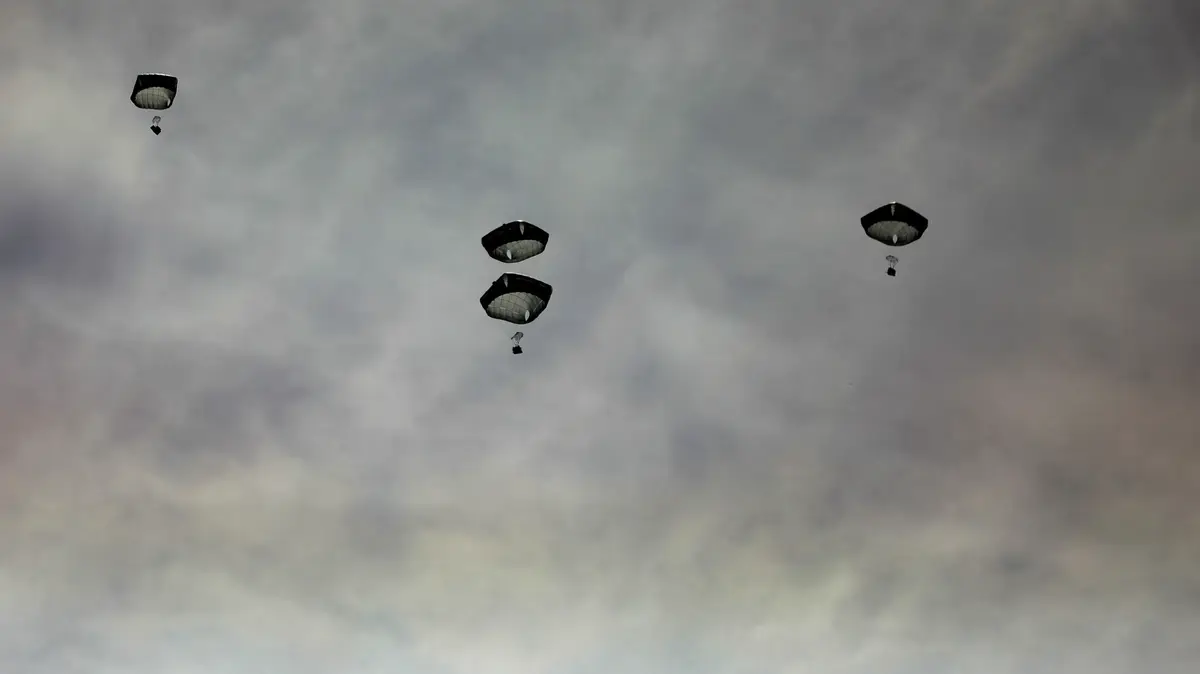The military elite prevented Galant's appointment as defense minister and the attack on Iran • Now, it hurts that it did not prevent the purchase of the submarines • They must understand: the people are the sovereign • Interpretation
Demonstrators against the Prime Minister
Photography:
Coco
The submarine affair that is not off the agenda illustrates to us more and more what is really going on here in our country.
Factually, it is legitimate to investigate the purchase of submarines and surface ships.
This is part of what is called the "rules of the game" in a democratic system.
However, any sensible person understands that all these actions are an ongoing tactic of a struggle over the question of who is running things here.
It was Plato who spoke of the figure of the leader as a philosopher, with the understanding that under him there is a social war for power, and he, the leader, is required to produce the balances from abstract thinking and far-sightedness.
Some will say that this is the line between the politician and the professionals.
Politics as a whole is a struggle for power, for influence, and for the way each expresses his power to influence the other.
Philosophy also distinguishes between the leader and the executioners, or if you will, between the prime minister and his ministers.
The prime minister is the captain, his ministers are the sailors.
Plato recognized the motivation of the "sailors" to quarrel over power.
That is why he saw the leader as a philosopher.
And hence we come to the struggle, for in a democracy, as opposed to a dictatorship or autocracy which is a single government, the leader does not have the full power, he is in practice a kind of first among equals.
And hence to the war of the elites, or the attitude of the elites as it is defined in political thought.
The theory is that in the world political system there is a struggle between several elites.
If you will, the elites are political, security, legal, industrial, and media.
A quick look at what is happening in Israel today illustrates the intensity of this struggle, which seems to be in practice "everything in everything."
Each elite brings with it its own agenda, its own power, and through tactics tries to set an agenda.
These elites influence each other.
Thus it can be seen that a legal elite is trying to preserve its power through "seniority", ie the appointment of the president of the Supreme Court from among the group of judges.
We have witnessed in recent years a dramatic war between the elites - a situation that is defined as fundamental in government systems.
It should not surprise anyone, but it is desirable that the view of the working forces should come from this angle - every elite has interests, and every elite wants to preserve its power, and even more so - to become stronger.
Put on the map all the "affair" you have known in recent years and you will understand what is happening here: from the decision to change the map of the channels on television, the struggle for appointments (commissioner, chief of staff, even chairman of Yad Vashem), and now, the struggle for affair The submarines. In fact, the elites are trying to express their strengths by positioning one event or another at the top of the public agenda, thus influencing the direction in which resources will move. And again, all this is legitimate because that's how it works.
Prime Minister Benjamin Netanyahu / Photo: Haim Tzach / GPO
However, democracy posed a difficulty to the elites - the sovereign was elected by the people, not by the elites.
Yes, this is the same democracy that some elites mourn its "sunset."
The same democracy that allows them to continue to operate within the rules of the game defined within that democracy.
And what exactly is the story of the submarines, if not a struggle between the security elite and the political elite?
This is a continuation of a long struggle and in the last decade even more so.
The military elite prevented the appointment of Yoav Galant as defense minister, it prevented an attack on Iran, but there are things she could not prevent.
She has failed to prevent the purchase of the submarines - and it hurts this elite very much.
So much so that it has become one of the most important strategic arms as an ax to dig with.
And all this for what?
For control.
Strashnov and Defense Minister Ganz / Photo: Ariel Hermoni / Ministry of Defense
The question here is not whether the military elite is allowed to initiate a process of interrogation.
The question is different.
And it is whether the legal elite will join the security elite to turn this ax into a crushing blow to the political elite.
These struggles are legitimate, insofar as they are sometimes difficult to accept, but it must be remembered that all of this has rules of the game, and in the end, the political elite is the only one elected by the people, and is in fact the sovereign.
If we take the submarine affair as an example, we should understand that the leader is the captain.
That the sailors are supposed to act at the end of the day as directed by the captain.
And when the sailors quarrel the vessel runs aground, and in practice gets nowhere.
The parable is clear, the next time the public is required to choose who its political elite is, the question it will face is clear - who to fire?
The captain or the sailors?
On the "ship" it is clear that we should not give up, and getting ashore is not a desirable scenario.
It is proper and desirable that the sovereign should not be overthrown by one elite or another, but by the decision of the true sovereign, and that is the Israeli public.
The author is a former brigade commander in the IDF, currently a researcher on military-social relations, author of the books "Clear Direction" and "The Man in the Tank".








/cloudfront-eu-central-1.images.arcpublishing.com/prisa/4YONHSCPG4ACABGF6OJDHHA67A.jpg)